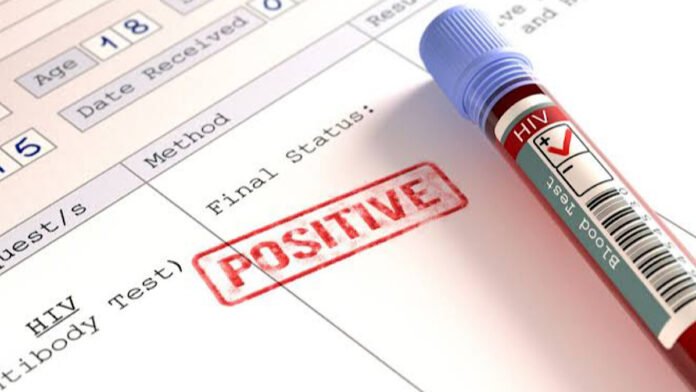Pakistan is seeing a concerning rise in HIV cases, with 1,079 new infections reported each month. By the end of September 2024, 9,713 individuals had tested positive, and officials predict that the total for the year could surpass 12,950.
This represents a significant increase over 2023, when 12,731 cases were recorded. Men account for the majority of new cases (69.4%), followed by women (20.5%), transgender individuals (4.1%), and children (6%).
Punjab has reported the highest number of new infections, with 5,691 cases from January to September. Sindh follows with 2,383 cases, while Khyber Pakhtunkhwa (KP) recorded 926 cases. Balochistan, Islamabad, and Azad Jammu and Kashmir (AJK) reported 329, 378, and 10 cases, respectively.
Read More: Google Wallet Expected to Launch in Pakistan Soon
Experts have linked the spread of HIV to high-risk behaviors, including chemsex (drug use during sex) and unsafe sexual practices, especially among men who have sex with men (MSM), transgender persons, and sex workers.
Despite ongoing efforts to increase awareness and provide treatment, stigma remains a major barrier to HIV testing and care.
The UNAIDS Country Director for Pakistan, Trouble Chikoko, stressed the need for innovative interventions and collaboration with religious scholars to combat stigma.
The government has set up 94 Anti-Retroviral Therapy (ART) centers and launched awareness campaigns, but experts warn that more targeted actions are necessary to address the epidemic’s growing scope.





